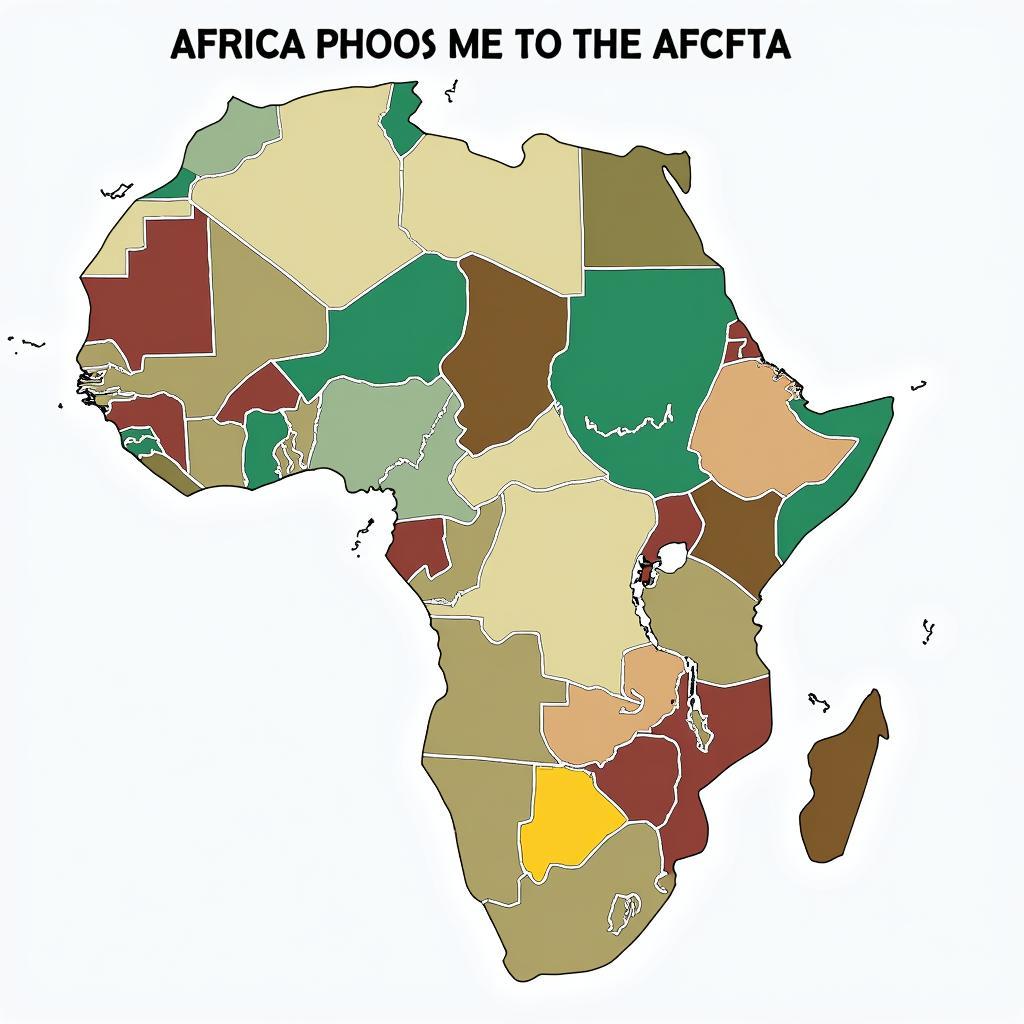The African Elephant: Symbolism and Significance
The African elephant, a majestic giant roaming the savannas and forests, holds a position of profound significance in African culture and ecosystems. More than just an animal, it embodies strength, wisdom, and a deep connection to the spiritual realm. This article delves into the multifaceted importance of the African elephant, exploring its symbolism, ecological role, and the challenges it faces.
Cultural Reverence: The Elephant in African Society
Across diverse African cultures, the African elephant is revered as a symbol of power, wisdom, and good fortune. Its immense size and strength evoke awe and respect, while its intelligence and complex social structures have inspired countless myths and legends.
An Ancestor Spirit and Symbol of Leadership
In many African traditions, the elephant is seen as a link between the physical and spiritual worlds. It is believed to embody the spirits of ancestors, acting as a guardian and protector of the community.
For example, the Ashanti people of Ghana consider the elephant a symbol of their ancestors’ strength and wisdom. Similarly, the Yoruba people of Nigeria believe that elephants possess a special connection to the divine and often depict them in their art and mythology.
The elephant’s association with leadership is also prevalent. Its ability to lead its herd through challenging environments and make decisions collectively has led to its adoption as a symbol of wise and just leadership in several African societies. Chiefs and kings often adorn themselves with elephant tusks or motifs to signify their authority and connection to these revered creatures.
The Elephant in African Art, Music, and Storytelling
The African elephant’s cultural significance is deeply woven into various art forms. From ancient rock paintings to contemporary sculptures, the elephant is a recurring motif, showcasing the enduring fascination with this majestic animal.
In music, the elephant’s powerful trumpet calls are often imitated in traditional songs and ceremonies, adding a layer of grandeur and symbolism. Folktales and proverbs featuring elephants are used to impart wisdom, teach moral lessons, and entertain generations. These stories often highlight the elephant’s intelligence, strength, and its role as a guardian of the natural world.
Ecological Importance: The African Elephant as a Keystone Species
Beyond its cultural significance, the African elephant plays a crucial role in maintaining the delicate balance of African ecosystems. As a keystone species, its presence has a disproportionately large impact on its environment.
Shaping Landscapes and Creating Habitats
African elephants are known as “ecosystem engineers” due to their significant influence on their surroundings. Their browsing habits, where they feed on trees and shrubs, help to shape landscapes and create a mosaic of habitats.
This process benefits other species by creating open grasslands, promoting plant diversity, and providing access to water sources. Without elephants, dense woodlands would dominate, reducing biodiversity and impacting the survival of numerous plant and animal species.
Seed Dispersal and Maintaining Biodiversity
African elephants are also vital seed dispersers. As they consume large quantities of fruit, they inadvertently carry seeds over long distances in their digestive systems. This process allows for the germination of seeds in new areas, contributing to the genetic diversity and resilience of plant populations.
The dung of elephants, rich in nutrients and seeds, further enriches the soil, creating fertile grounds for new growth and supporting a web of life.
Challenges and Conservation: Protecting a Cultural Icon
Despite their cultural and ecological importance, African elephants face numerous threats that have led to a decline in their populations.
Poaching and Habitat Loss: The Fight for Survival
The illegal ivory trade remains a significant threat to African elephants. Driven by demand for ivory, poachers continue to target elephants, decimating populations and disrupting their social structures.
Habitat loss due to human encroachment, deforestation, and agriculture further exacerbates the challenges faced by elephants. As their natural ranges shrink, elephants are forced into closer proximity to humans, leading to increased human-wildlife conflict.
Conservation Efforts and the Future of the African Elephant
Recognizing the plight of the African elephant, numerous conservation organizations, governments, and local communities are working tirelessly to protect this iconic species. Anti-poaching patrols, habitat restoration projects, and community-based conservation initiatives are crucial for ensuring the survival of African elephants for generations to come.
Conclusion: The Enduring Legacy of the African Elephant
The African elephant stands as a symbol of Africa’s rich biodiversity, cultural heritage, and the intricate connection between humans and nature. Its cultural significance, ecological importance, and the challenges it faces highlight the urgent need for continued conservation efforts.
By understanding and appreciating the multifaceted value of the African elephant, we can contribute to its protection and ensure that future generations inherit a world where these magnificent creatures continue to roam free.
FAQ: African Elephant Significance
What does the elephant symbolize in African culture?
In African cultures, elephants symbolize strength, wisdom, leadership, and a connection to the spiritual realm.
Why are African elephants considered a keystone species?
African elephants are keystone species because their presence and activities significantly shape and maintain the ecosystems they inhabit.
What are the main threats to African elephants?
The main threats to African elephants are poaching for their ivory and habitat loss due to human activities.
How can I help protect African elephants?
You can help protect African elephants by supporting conservation organizations, raising awareness about their plight, and making sustainable choices to reduce your ecological footprint.
Where can I learn more about African elephants and conservation efforts?
To learn more about African elephants and conservation efforts, you can visit reputable websites, read books and articles, and donate to organizations dedicated to their protection.
Need Help?
For any assistance or inquiries, please don’t hesitate to contact us:
Phone: +255768904061
Email: kaka.mag@gmail.com
Address: Mbarali DC Mawindi, Kangaga, Tanzania
Our dedicated customer support team is available 24/7 to assist you.




